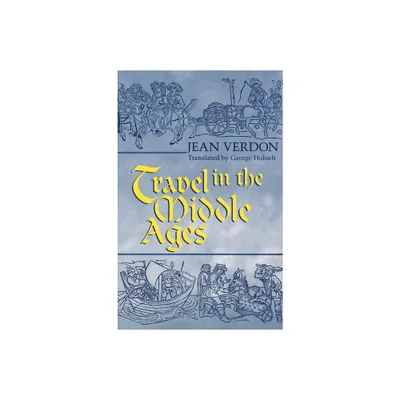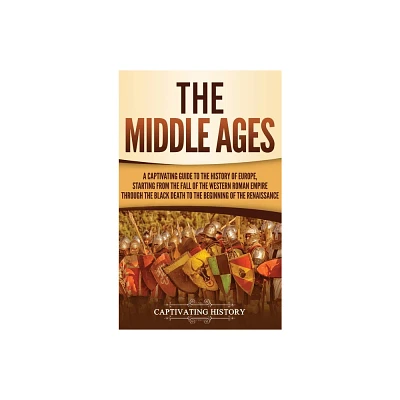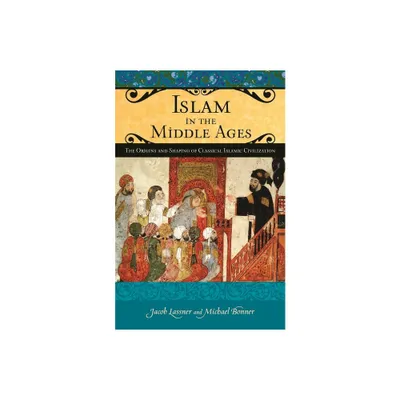Home
Travel In The Middle Ages
Loading Inventory...
Barnes and Noble
Travel In The Middle Ages
Current price: $125.00


Barnes and Noble
Travel In The Middle Ages
Current price: $125.00
Loading Inventory...
Size: OS
*Product Information may vary - to confirm product availability, pricing, and additional information please contact Barnes and Noble
Travel in the Middle Ages
is filled with the stories and adventures of those who hazarded hostile landscapes, elements, and people—out of want or necessity—to get from place to place. While most journeys involved very short distances (home to market or village to village), longer trips were not uncommon in the Middle Ages. Clergy were frequently called upon to act as ambassadors, messengers, and overseers to the various monasteries and churches within their jurisdiction. Merchants, agents of the king, and pilgrims were also frequently required to travel. While sharing the fascinating stories of these ordinary wayfarers, Verdon also relates colorful tales of the journeys of notable historical figures such as Marco Polo and Christopher Columbus.
Part I of
addresses the means by which people traveled. This section contains vivid descriptions of modes of conveyance, road systems, sea lanes, tolls, taxes, and even pirates. Knowing the risks involved, why did people brave the uncertainty of travel? Part II of the book addresses this question by identifying five main motivational categories of medieval travel. Part III deals with travel myths, monsters, and fictitious journeys of medieval fantasy writers. Verdon concludes with a pithy critique of travel in the modern world.
Appearing for the first time in an English translation,
will delight anyone with an interest in medieval culture or travel books.
is filled with the stories and adventures of those who hazarded hostile landscapes, elements, and people—out of want or necessity—to get from place to place. While most journeys involved very short distances (home to market or village to village), longer trips were not uncommon in the Middle Ages. Clergy were frequently called upon to act as ambassadors, messengers, and overseers to the various monasteries and churches within their jurisdiction. Merchants, agents of the king, and pilgrims were also frequently required to travel. While sharing the fascinating stories of these ordinary wayfarers, Verdon also relates colorful tales of the journeys of notable historical figures such as Marco Polo and Christopher Columbus.
Part I of
addresses the means by which people traveled. This section contains vivid descriptions of modes of conveyance, road systems, sea lanes, tolls, taxes, and even pirates. Knowing the risks involved, why did people brave the uncertainty of travel? Part II of the book addresses this question by identifying five main motivational categories of medieval travel. Part III deals with travel myths, monsters, and fictitious journeys of medieval fantasy writers. Verdon concludes with a pithy critique of travel in the modern world.
Appearing for the first time in an English translation,
will delight anyone with an interest in medieval culture or travel books.


















